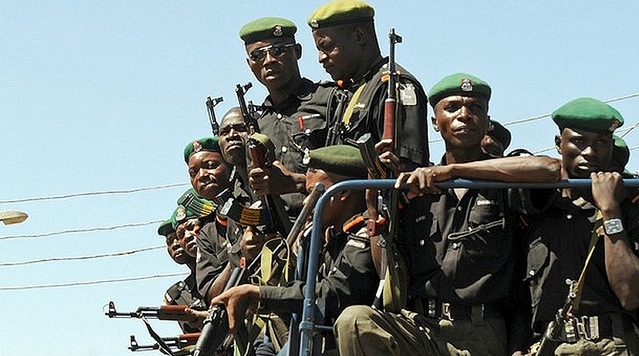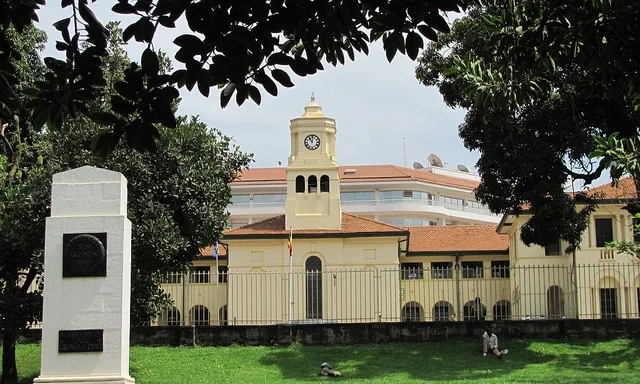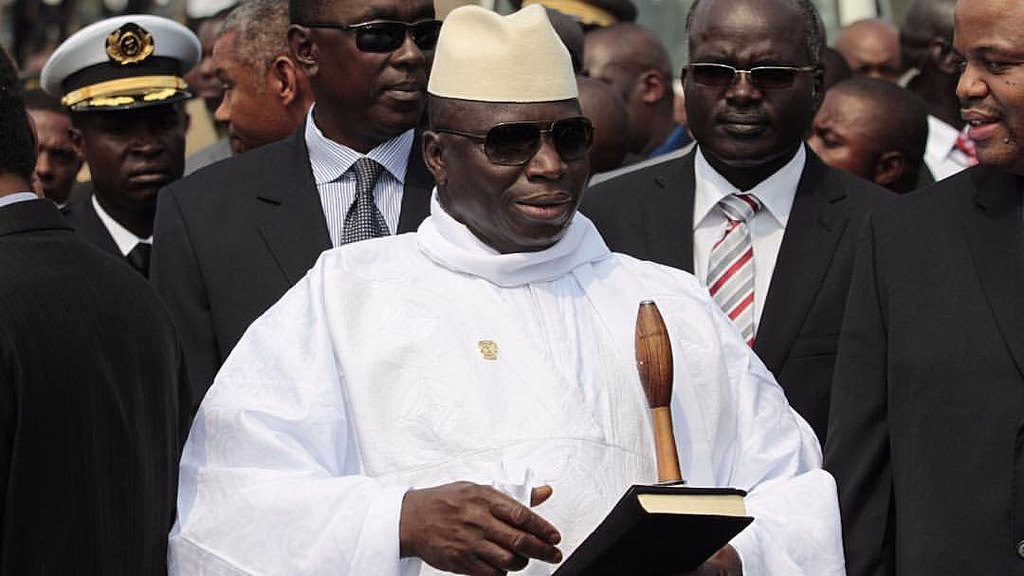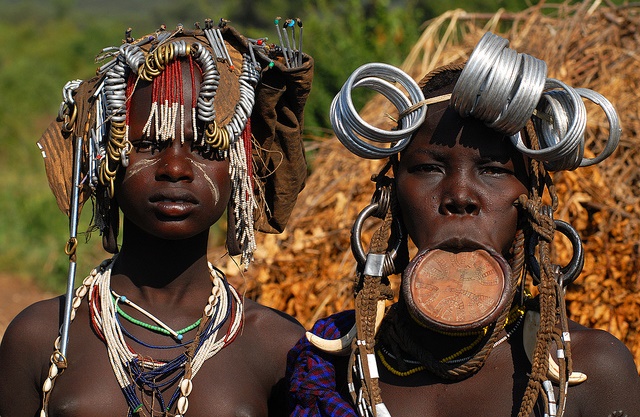Qatar: Conciliators, Regional Superpower, or Simply Another Wealthy Arab Nation?
/DOHA, Qatar - An internationally renowned nation which was once known only for its pearl-fishing has become a major global player. Pumping out nearly 2.3 millions of barrels of natural gas a day which gets shipped around the globe as LNG, it is in the top 25 producers of oil and gas. (Source: Forbes)
Unfortunately, it is also currently at the center of the FIFA scandal that is reverberating around the world, yet this is not the topic of discussion here.
In the 1940s the nascent country’s oil and gas industry was developed by Western nations as they continued to implement colonization strategies that included primary control of natural resources. This all changed in the 1990s when Qatar exercised greater control of the profits from its oil and gas industry thus transforming it into one of richest countries in the Emirates.
The government recognizes that shifting from a major global supplier of oil and gas will be a long and somewhat protracted process. But, the proactive open-market policies being instituted by the government is helping Qatar to become both a major financial hub in additional to a luxury tourist destination. At the start of 2015, Qatar’s economy was ranked a score of 70.8 according to the data tracked, which means that it is the 32nd most investor friendly economies in the world. With this type of recognition comes the ability to not only exert influence, but also encourages criticism as in the case of allegations of impropriety with the award to host the 2022 World Cup soccer games to Qatar.
Owing to economic diversification, investors from different parts of the world have taken a keen interest in doing business with the country as well as establishing corporate headquarters. The ramping up of foreign investments in infrastructure, finance and banking, products and services, etc. being delivered by these foreign corporations prognosticates some excellent job opportunities in Qatar, and is one of the main reasons that it was chosen as a host country for the games.
Qatar is often regarded as a study in contradictions and is known to be significantly more liberal than many of its neighbors. Apart from Saudi Arabia, the state of Qatar is the only Middle Eastern nation to adopt Wahhabism as its official state religion. The religious demographics in Qatar seem to support both the Islamist Muslim Brotherhood and the militant Hamas movement, and the internecine conflict between the two is quite complex and sometimes terrifying. At the moment the ‘tug of war’ raging inside the Muslim world consists of two sides. The Salafi jihadis―or hardcore Wahhabis, who are financed and supported by Saudi Arabia versus the Muslim Brotherhood who are supported by Qatar on the other.
For years Qatar has been supporting and propagating the Muslim Brotherhood's agenda in different parts of the Middle East and North Africa through its Al Jazeera television network. Though this may seem partisan at first glance, history reveals a more nuanced story, one in which Qatar has maintained a very diplomatic approach towards an increasingly global religious dilemma. Qatar's ability to act as arbiter and play the role of conciliator was demonstrated in its role in achieving the 2008 ceasefire in Lebanon according to the online news site Asharq Al-Awsat.
Unfortunately, the world’s eyes are trained upon Syria and the tragedies that are occurring within its borders, and though Qataris are working behind the political scene to help support Syrians to establish a post-Bashar Hafez al-Assad governance, these efforts toward stabilization are not obviously visible. As with much that occurs in negotiations, what is seen in the public eye is rarely what occurs behind the scenes, and in this context Qatar always positions itself to ensure that its interests are preserved. One of the main motives and interest in facilitating peace in Syria is the hope that a more moderate form of Islam will prevail in a new Syria, and if successful, may help to garner a bigger seat at the table of powerful Arab nations.
The initiatives taken thus far reflect Qatar’s desire to continue in its role as conciliator in the global economic and religious amphitheater. Qatar hopes that by making greater strides with this goal through an open job market, flexibility in accepting the customs of foreigners within limits of decorum, and negotiating for an air of tolerance, balance, and acceptance will ultimately serve to change external perceptions. From the highest levels of government to the ordinary Qataris, there exists a desire to be counted amongst the most developed and advanced countries in the world, and thus the nation hopes to break the stigma of mistrust and judgment that plagues almost every Muslim nation today.
Middle East Correspondent: @Vinita Tiwari

































